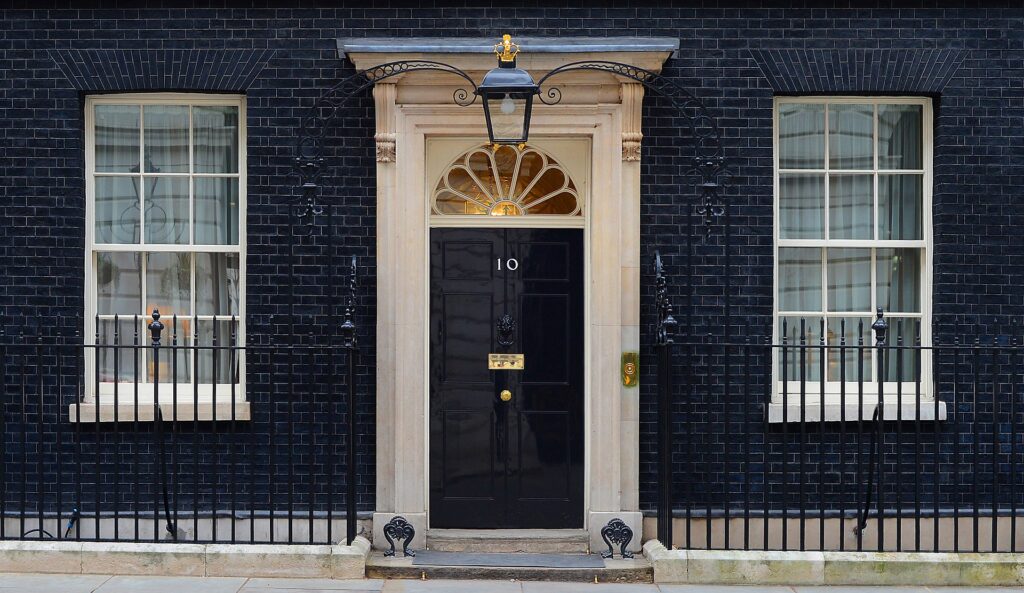The world of food is constantly changing and evolving, not least in recent times due to rising costs and critical events throughout the world. Here, we’ve provided a round-up of recent food news, from the cost-of-living crisis to Restaurant of the Year Awards.
Food bills are ‘set to soar by £380 this year’ – an average of £32 per month – according to research from Kantar, a UK data analytics company. Click here for more.
Food prices will rise quickly this summer as costs continue to rise, mainly due to the war in Ukraine. According to the Institute of Grocery Distribution, they will rise at a rate of 15%. Click here for more.
Henry Dimbleby, owner of food chain Leon and current food issues advisor to No. 10, has condemned the government’s most recent ‘food strategy’, saying it “could mean more children will go hungry”. He previously called for the expansion of free school meals. The strategy can be seen here. Click here for more.
On June 13th, the National Restaurant Awards announced the UK’s best restaurants. Ynyshir, a Japanese-influenced restaurant in Wales, came out on top, with many of the restaurants on the list serving diaspora cuisine. Click here for more.
The government have announced a further £18 million in funding for universal free school meals for 1.25 million pupils in reception, year 1 and year 2. Click here for more.
There is anger towards the government following recently announced plans to push through legislation that allows the “development and marketing of gene-edited crops”. The plan would also allow vendors to sell such products without labels detailing that they are gene-edited. Click here for more.
Imad’s Syrian Kitchen, a restaurant on Carnaby Street, has offered free meals to any lawyers who helped to stop the scheduled deportation flights to Rwanda. Click here for more.
The climate impact of transporting food may be three times higher than previously thought, meaning that it may account for 6% of global carbon emissions. You can see the study, published in a journal called Nature Food, here. Click here for more.

